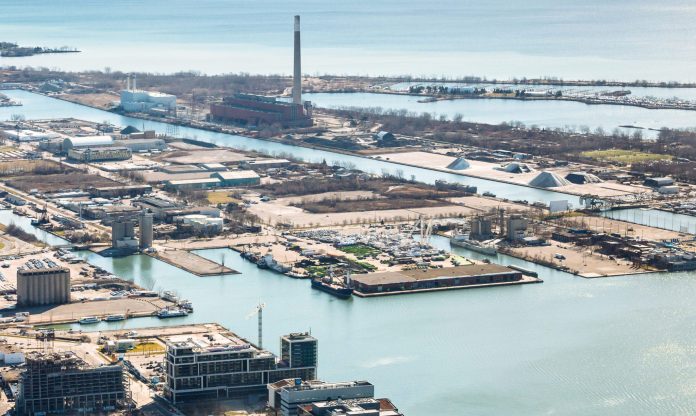Waterfront Toronto, in charge of the $1 billion redevelopment of Toronto’s waterfront neighbourhood, has extended the deadline on whether to move forward with Google sister company Sidewalk Labs’ proposal for the smart city enclave.
The board of Waterfront Toronto has extended the consultantion period from March 31 to May 20, 2020, to guage the public mood about the Sidewalk Labs endeavour. The project has been fraught with some controversy, most notably around the privacy of public data harvested by technologies that Sidewalk Labs, owned by Google parent Alphabet, proposes to deploy in the neighbourhood.
Stephen Diamond, board chair at Waterfront Toronto, commented: “This board will not sacrifice the public good for expediency.”
Controversy about the project has arisen partly because Sidewalk Labs has been reluctant to confirm one way or another how data gathered about citizens and the environment will be governed.
Ontario’s former privacy commissioner resigned in late 2018 from a consulting role at Sidewalk Labs over its failure to guarantee citizens’ personal data would be protected at the smart-city development. At the time, Sidewalk Labs responded by proposing an independent ‘urban data trust’ to take charge of city data.
That idea has since been scrapped. In October, the board had sought assurances and resolved concerns about “several areas” in the Sidewalk Labs proposal. “We have reached alignment on the critical issues, as well as other issues and concerns raised by the public during consultations this summer,” said Diamond at the time.
The board subsequently advised formal evaluation of the MIDP and further public consultation, as confirmed last week with the deadline extension. “Let me be clear,” Diamon said at the time. “This is not a done deal. There is still much work to do before a final decision.”
Sidewalk Labs has made “significant changes” to its proposal, including by eliminating the proposed ‘urban data trust’, along with all references to “urban data”. Sidewalk Labs has agreed all personal information will be stored in Canada, and it will comply with legislative and regulatory frameworks.
As well, the project remit has reduced, to cover just 12 acres of land on the Quayside, instead of 190 acres, as set out in Sidewalk Labs’ origial proposal for a Innovative Design and Economic Acceleration (IDEA) district. The project will be expanded beyond the Quayside depending on its success, said Waterfront Toronto.
Sidewalk Labs also confirmed it will partner with one or more real estate developers, rather than act as ‘lead developer’, itself. Waterfront Toronto would lead a public procurement for developers.
Since November, Waterfront Toronto said it has “distilled” over 1,500 pages of Sidewalk Labs’ Master Innovation and Development Plan (MIDP) into 160 solutions, and evaluated the solutions for their effectiveness in addressing urban challenges.
It has concluded the innovations proposed by Sidewalk Labs merit further consultation with the public, “as well as further refinement and negotiation”, it said. The new deadline extension allows for this, “before any decision to proceed to implementation is taken”, it said.

